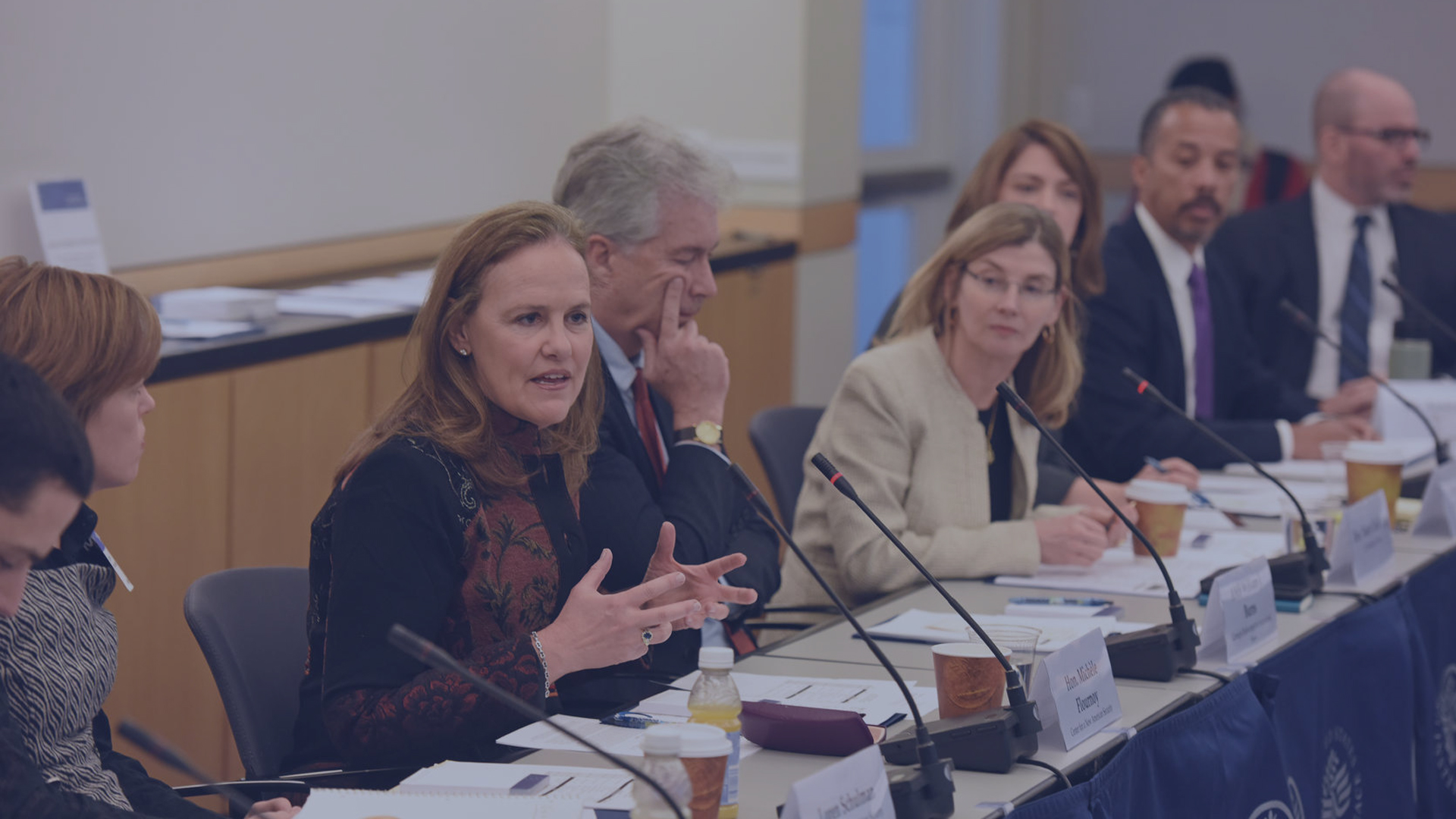Gender and Fragility: Ensuring a Golden Hour
Physicians refer to the “golden hour” as the period after traumatic injury when successful emergency treatment is still possible. The chapeau paper for this series, U.S. Leadership and the Problem of State Fragility, defines fragility as the breakdown or absence of a social contract between people and their government. The collapse of social and political order in response to natural disasters, population displacements, violence, and/or war, however, can paradoxically provide opportunities for societal change. The need to reimagine and rebuild ruptured institutions can create openings for renegotiating gender roles and establishing the basis of an inclusive and more stable society. Unless gender equality receives high level and dedicated support during this “golden hour,” long-standing patterns of inequality are likely to be reestablished. As noted by an expert on security studies, “Promotion of gender equality goes far beyond the issue of social justice and has important consequences for international security.”
The golden hour for gender is not after the peace treaties have been signed. The social contract on gender equality must be conceived before the crisis has ended, and then written into the new constitution, implemented in the reconfigured institutions, and prioritized in newly developed education textbooks.
Read the full report on the United States Institute of Peace website.

